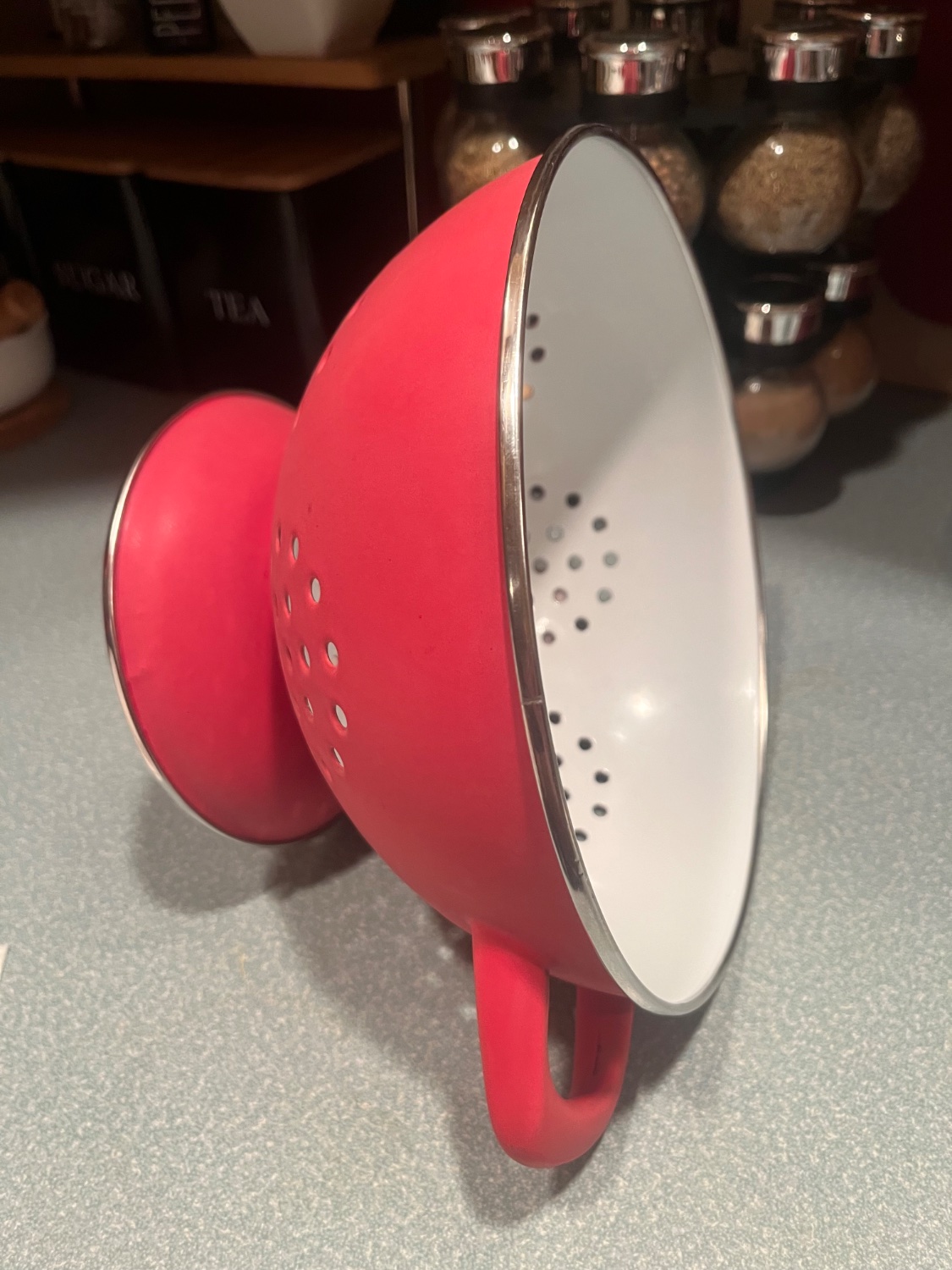Ask Lemmy
A Fediverse community for open-ended, thought provoking questions
Rules: (interactive)
1) Be nice and; have fun
Doxxing, trolling, sealioning, racism, and toxicity are not welcomed in AskLemmy. Remember what your mother said: if you can't say something nice, don't say anything at all. In addition, the site-wide Lemmy.world terms of service also apply here. Please familiarize yourself with them
2) All posts must end with a '?'
This is sort of like Jeopardy. Please phrase all post titles in the form of a proper question ending with ?
3) No spam
Please do not flood the community with nonsense. Actual suspected spammers will be banned on site. No astroturfing.
4) NSFW is okay, within reason
Just remember to tag posts with either a content warning or a [NSFW] tag. Overtly sexual posts are not allowed, please direct them to either [email protected] or [email protected].
NSFW comments should be restricted to posts tagged [NSFW].
5) This is not a support community.
It is not a place for 'how do I?', type questions.
If you have any questions regarding the site itself or would like to report a community, please direct them to Lemmy.world Support or email [email protected]. For other questions check our partnered communities list, or use the search function.
6) No US Politics.
Please don't post about current US Politics. If you need to do this, try [email protected] or [email protected]
Reminder: The terms of service apply here too.
Partnered Communities:
Logo design credit goes to: tubbadu
view the rest of the comments


You could try to polish it.
I second this, if it's really a hard a material. From the word enamel I assumed a sort of ceramic coating, but the word 'rubbery' gives me a little hesitation.
Anyway, a hard coating could be polished back to a shine with 3M polishing paper. The product I'm thinking of comes in a pack with 6 sheets, each a different grit, and they get fine enough that you could restore scratched and cloudy glass to clear.
The product description said ‘powder-coated enameled finish’, and I had thought ‘enameled’ may have referred to the outer layer I destroyed. So now I’m just dealing with the powder coating.
I think I’ll try your recommendation first – it’s the most food-safe and makes the most sense to me. Kinda worried I’ve irreparably ruined it without re-coating and re-firing it. I hope that’s not the case, and the ‘enameled’ part referred to the white inner bit which didn’t dull in the soak.
e: maybe someone who knows more about these terms than me will chime in? I know a little about them because my grandmother taught ceramics and my father is in aviation where they do powder coatings, but not enough, obviously.
The powder coat is the enamel. It's a ceramic powder that's sprayed on and then cooked in a furnace.
You have etched it. That, I am sorry to say, is permanent. If you have access to a furnace you could try refiring it, a few minutes at 1500 f would do it, if it can be done at all. You've basically turned a smooth glass layer in to a kind of sponge. You need to melt that outer surface again.
Oh no.
Thanks for letting me know. I may have access to that kind of furnace, but I’m not sure I could convince them to put my stupid little colander in there, because that’s silly.
I appreciate your insight, even though it makes me sad. I kinda thought that might be the case, though. Cheers.
You might also try googling local powder coat seevices, but it may end up being more expensive than just replacing it.
The powder itself looks cheap enough though:
https://thepowdercoatstore.com/products/gloss-red-powder-coat
The problem is finding someone with the skill and tools to apply it and bake it. :(
When I needed to anodise an aluminium object, I took it to the back door of a medium-sized coating company that serves businesses. I included a note with some relevant information: "no rush, do it when it's easy for you", acceptable range of colours, and my contact info. Took a while, the result was perfect, the price was low.
I’m hoping to, thanks! I’m not sure what to polish it with, though, especially because it would have to be food-safe…
Carnauba wax is food-safe, but non-abrasive, so it won't smooth the now-etched matte surface, and it's fairly soft, so not very durable. Many car waxes are based on it.
Thank you!
https://barkeepersfriend.com/
I’d start with a little area to see how it turns out.
Do not suggest. Oxalic acid is abrasive.
I mean...you'd have to have something abrasive to polish something, yes?
https://en.wikipedia.org/wiki/Polishing
Maybe you're saying that the grains in Barkeeper's Friend are too large?
Also, I don't think that the acid is abrasive. I think that that's the grit in the stuff.
https://en.wikipedia.org/wiki/Bar_Keepers_Friend
I have some of that, but I’ve had it dull proper enamel fired coatings before because it’s very abrasive, so I’m scared to try it on this.
It’s great for knives and other bare metals. I guess it can’t make it much worse, though, so I’ll try it in a small area, thanks for the suggestion!
I still wouldn't rule out being able to polish it with a very fine abrasive, like the 3m sheets, rouge, or such, especially if you can make a small test with something you already have. Possibly toothpaste might work.